Russia has found ways to circumvent the latest US sanctions, in order to maintain its oil exports to the world.
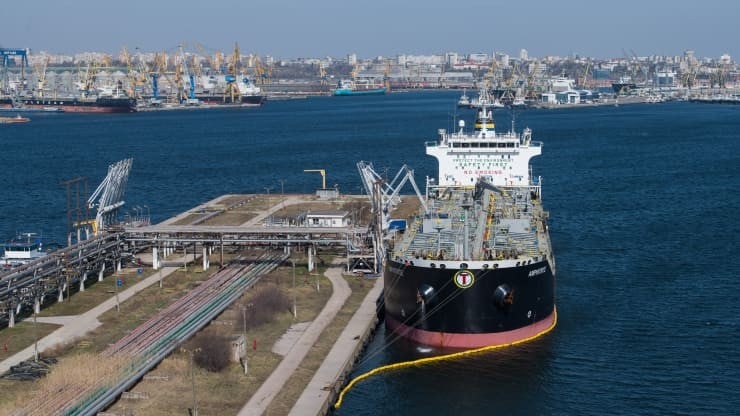 |
| Russia succeeds in maintaining oil production despite sanctions. (Source: Bloomberg) |
According to the International Energy Agency (IEA), Russia's crude oil production actually increased by 100,000 barrels per day in January 2025, reaching 9.2 million barrels per day.
This shows that the birch country is succeeding in maintaining oil production despite sanctions.
To ensure crude continues to flow to countries willing to buy at a discount, Moscow is looking for smaller tankers to supplement its “shadow fleet.”
Meanwhile, the oil market in general is facing its own surprises.
The IEA has revised up its forecast for global oil demand in 2025 by 50,000 barrels per day to 1.1 million barrels per day, but supply is expected to still exceed demand, due to strong production growth in the Americas.
Even if the Organization of the Petroleum Exporting Countries (OPEC) and its allies, known as OPEC+, maintain their production cuts, global supply will still rise by 1.6 million barrels per day this year — a figure that does not suggest a tightening market.
Next up is China, long the engine of oil demand growth. The IEA believes that fuel consumption in the country of a billion people may have peaked, with demand for gasoline, jet fuel and diesel only slightly higher than in 2019. If true, that would be a significant change.
While the petrochemical sector may still keep China's crude oil imports steady, the country's boom in fuel demand may be coming to an end.
* Since the European Union (EU) imposed a ban on imports of Russian crude oil, Türkiye has been the largest buyer of Russian oil products in 2023, followed by China.
Moving into 2024, Ankara continues to buy oil from Moscow, even though it is not a top customer.
However, now the situation has changed as the US has taken strong measures against Russian oil.
Türkiye's largest oil refiner - Turkiye Petrol Rafinerileri recently announced that it will stop buying any oil and products from Russia that do not comply with the price ceiling of the Group of Seven leading industrialized countries (G7) from February 17.
On January 10, the world's largest economy imposed its toughest sanctions ever on Russia's oil industry, targeting two major Russian oil companies, Gazprom Neft and Surgutneftegas, as well as 183 ships, dozens of oil traders, oilfield service providers, insurers and energy officials.
Turkiye Petrol Rafinerileri now becomes the latest customer to comply with the price-capped deals, after China and India - the biggest buyers of Russian oil - shunned deals with any entity blacklisted by the US.
Source: https://baoquocte.vn/nga-co-cach-moi-lach-thanh-cong-lenh-trung-phat-ban-hang-lon-quay-lung-voi-moscow-vi-ngai-my-304398.html





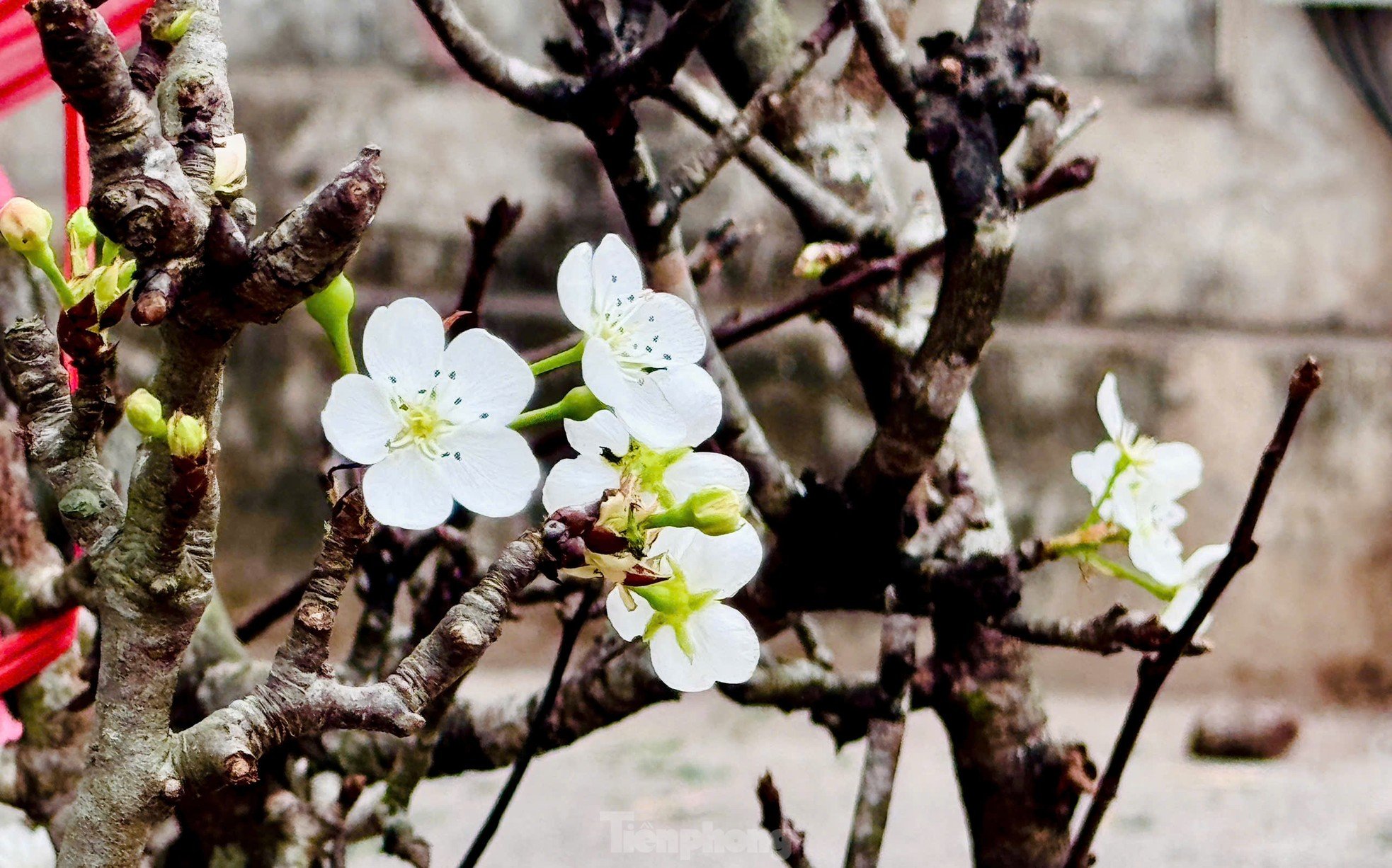
























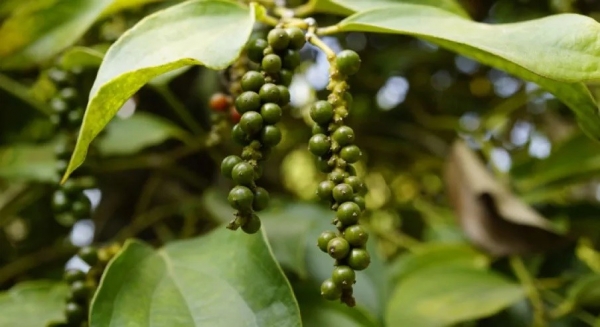

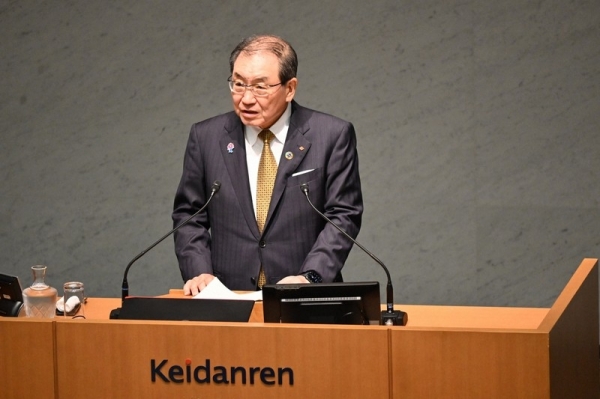


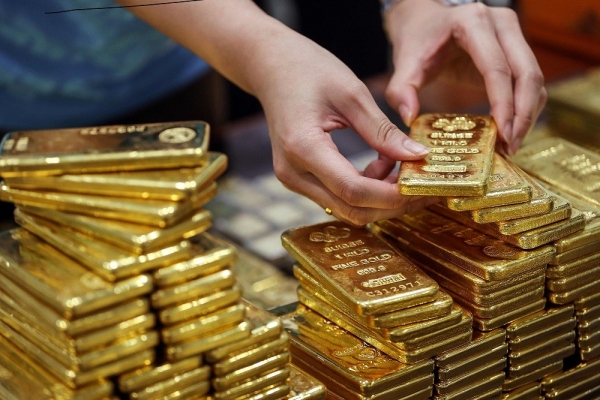
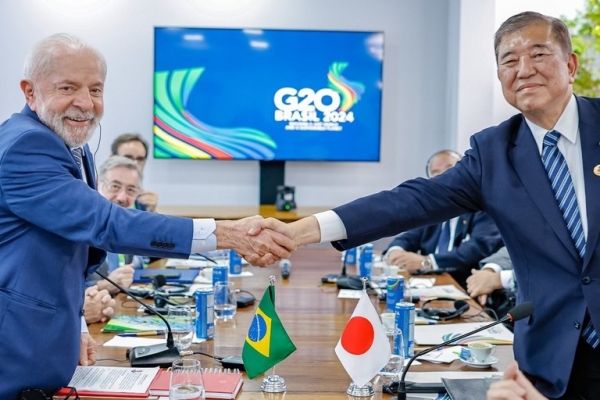















Comment (0)